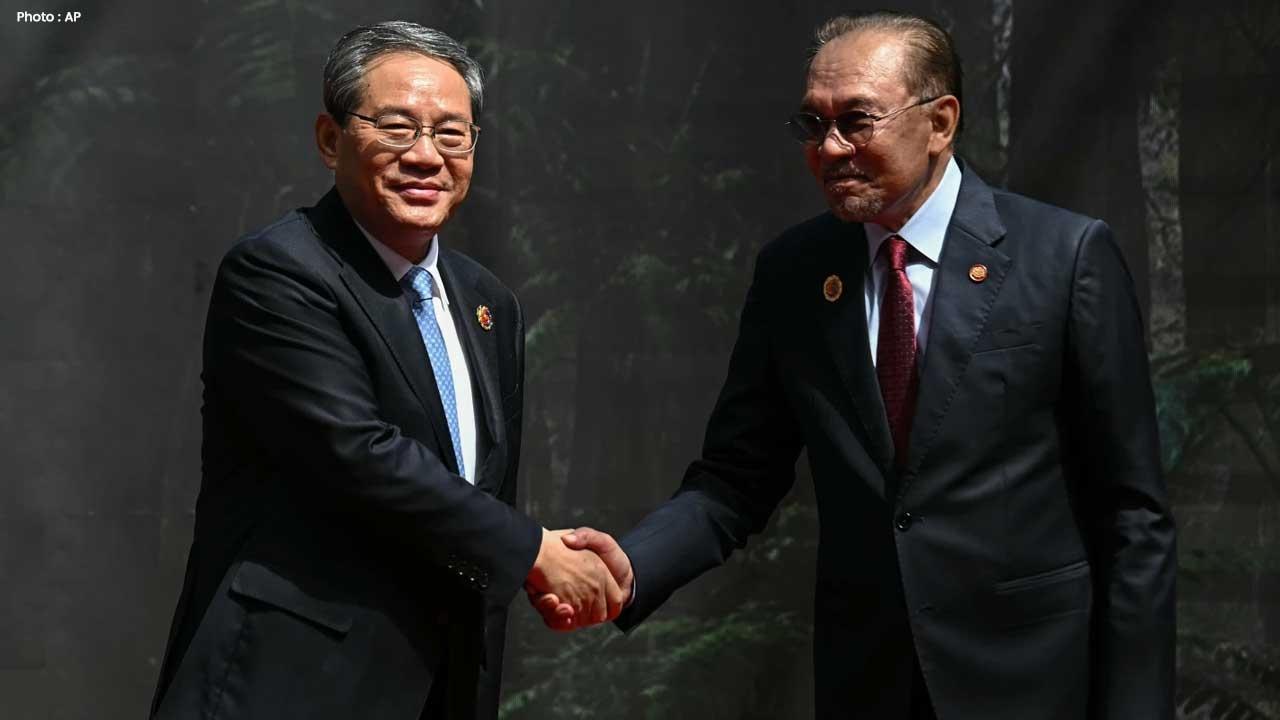
Post by : Raina Al-Fahim
Against rising geopolitical strains, Malaysian Prime Minister Anwar Ibrahim used the opening session of the East Asia Summit in Kuala Lumpur to press for diplomacy instead of force, and cooperation rather than confrontation. His remarks set a measured tone as leaders gathered amid an intensifying strategic contest between the United States and China.
The summit — attended by ASEAN members alongside key partners including China, the United States, India, Japan, Australia, South Korea, Russia and New Zealand — gave Anwar a platform to emphasise regional stability. He urged delegates to renew commitments to collective security and peaceful engagement.
This year’s meeting carried added significance after a recent Cambodia–Thailand peace agreement and shifting U.S. trade policy in Southeast Asia. U.S. President Donald Trump, who participated in ASEAN events before travelling to Japan, highlighted efforts to broaden partnerships for critical minerals and reduce dependency on China — illustrating Washington’s evolving Indo-Pacific approach.
China’s Premier Li Qiang offered a contrasting focus, underscoring national sovereignty, non-interference and enhanced connectivity through the Belt and Road Initiative. Observers said U.S.–China competition permeated discussions on trade and security, while ASEAN worked to preserve a neutral, stabilising posture.
Analysts, including former Malaysian ambassador Ilango Karuppannan, said Anwar’s address will be remembered for its diplomatic tone. He acknowledged President Trump’s mediation efforts over Gaza but maintained that further action is required to secure a lasting peace for Palestinians.
On North Korea, Anwar urged ongoing dialogue despite mounting missile concerns. He argued that engagement should extend across crises from Gaza and Ukraine to Myanmar, and warned that outside interference in the South China Sea could escalate tensions — calling on all parties to respect international law and support the Code of Conduct talks.
Economic resilience also featured prominently. Leaders pointed to the Regional Comprehensive Economic Partnership (RCEP), which now accounts for about one-third of global GDP, and pledged to strengthen supply chains and uphold multilateral trade amid the fallout of U.S. tariffs.
Canadian Prime Minister Mark Carney announced plans to double non-U.S. exports over the next decade, while Malaysia confirmed completion of a free trade pact with South Korea — both moves framed as efforts to diversify trade and limit exposure to American tariff measures.
For Malaysia, the summit represented a pivotal moment: U.S. economic outreach, China’s connectivity push and ASEAN’s balancing act shaped the agenda. In that context, Anwar’s call for dialogue was presented as a pragmatic response to regional competition, prioritising cooperation over division.
In an era of competing powers, Anwar Ibrahim’s appeal for negotiation and restraint elevated this East Asia Summit beyond routine diplomacy, signalling a push for collective engagement and steady dialogue across Asia.
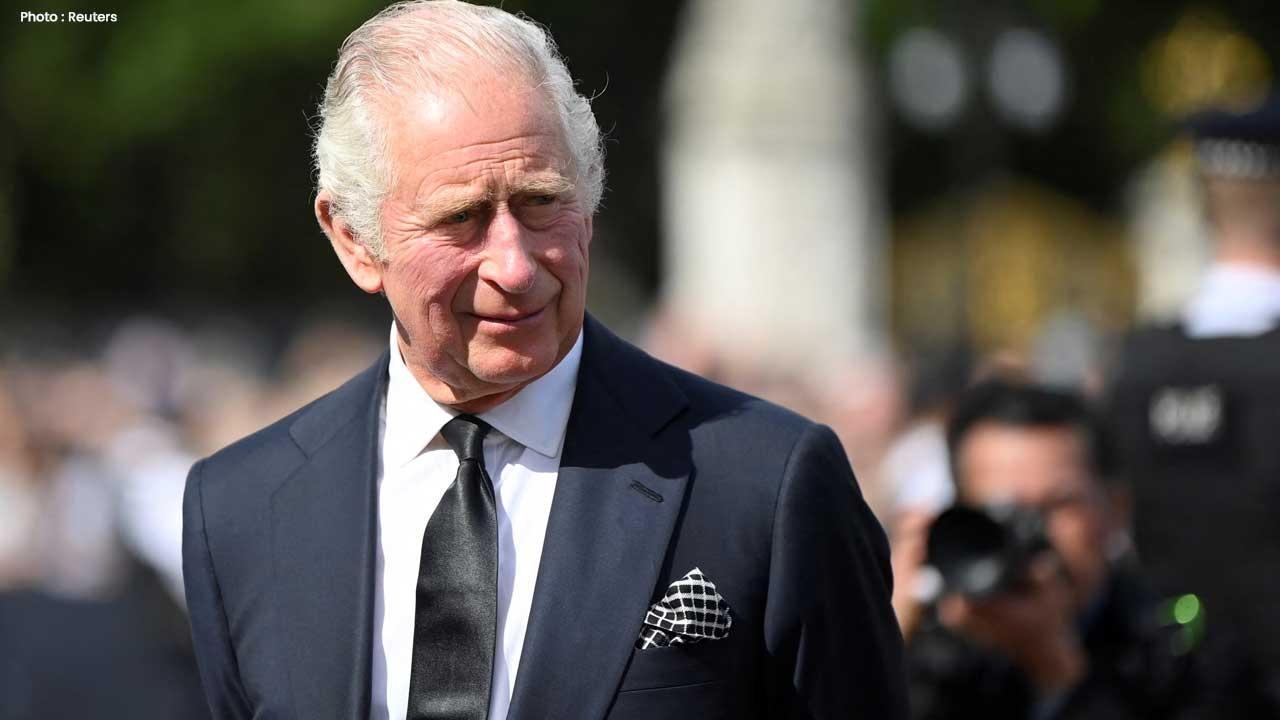
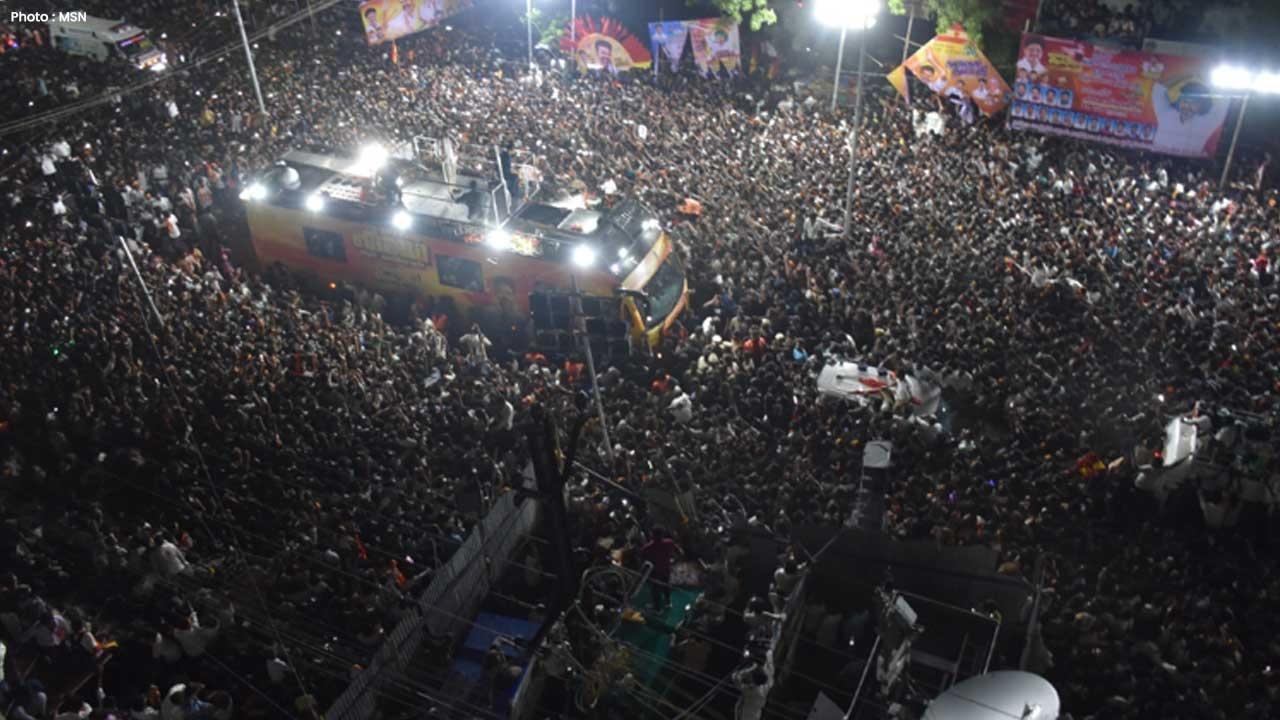

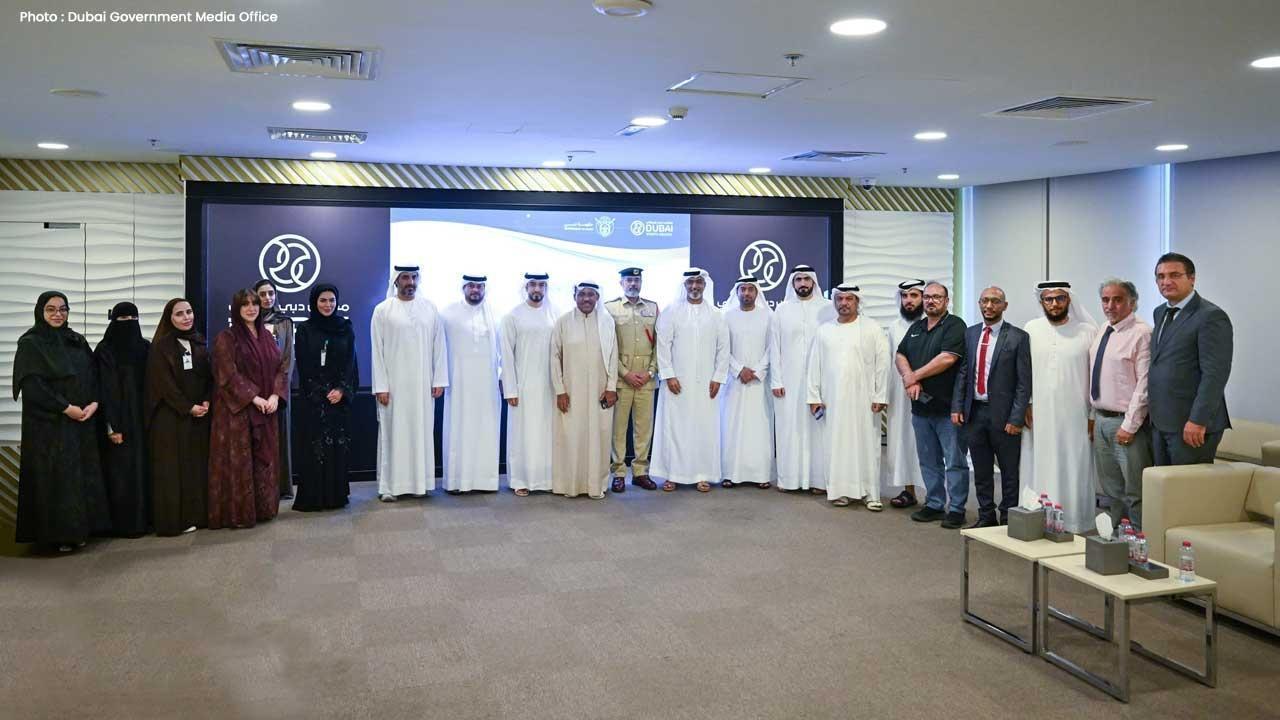
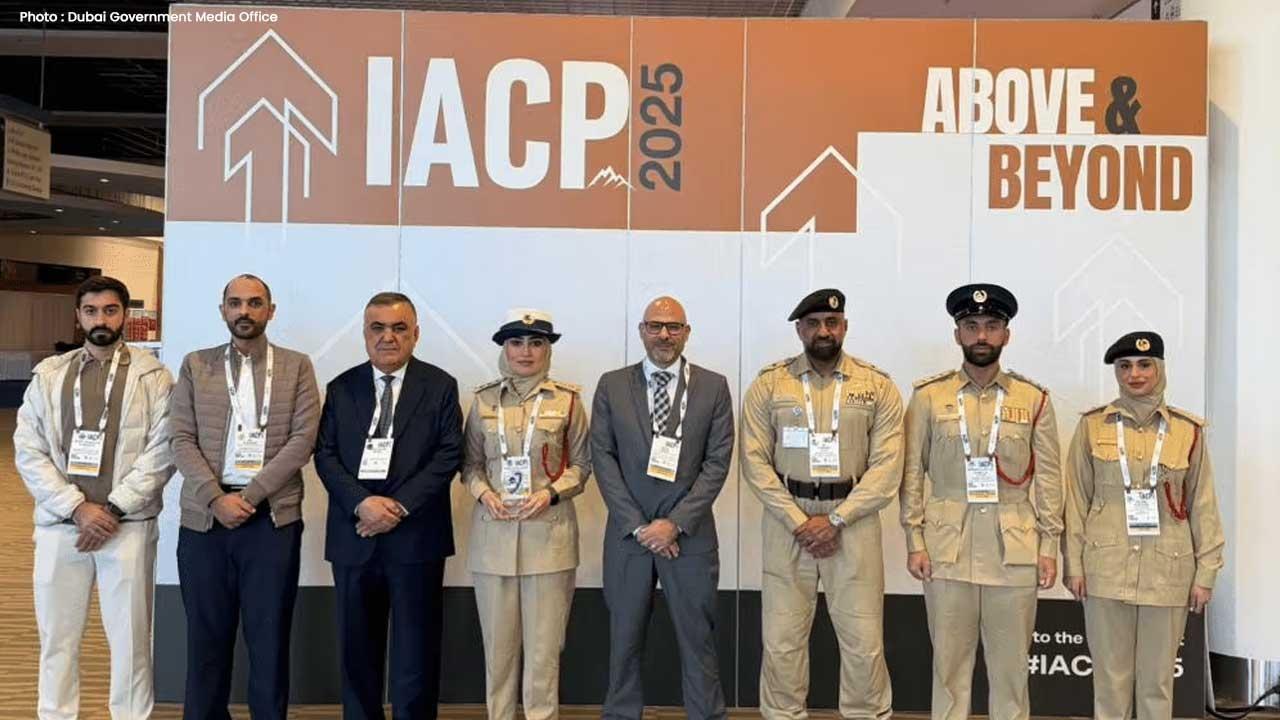

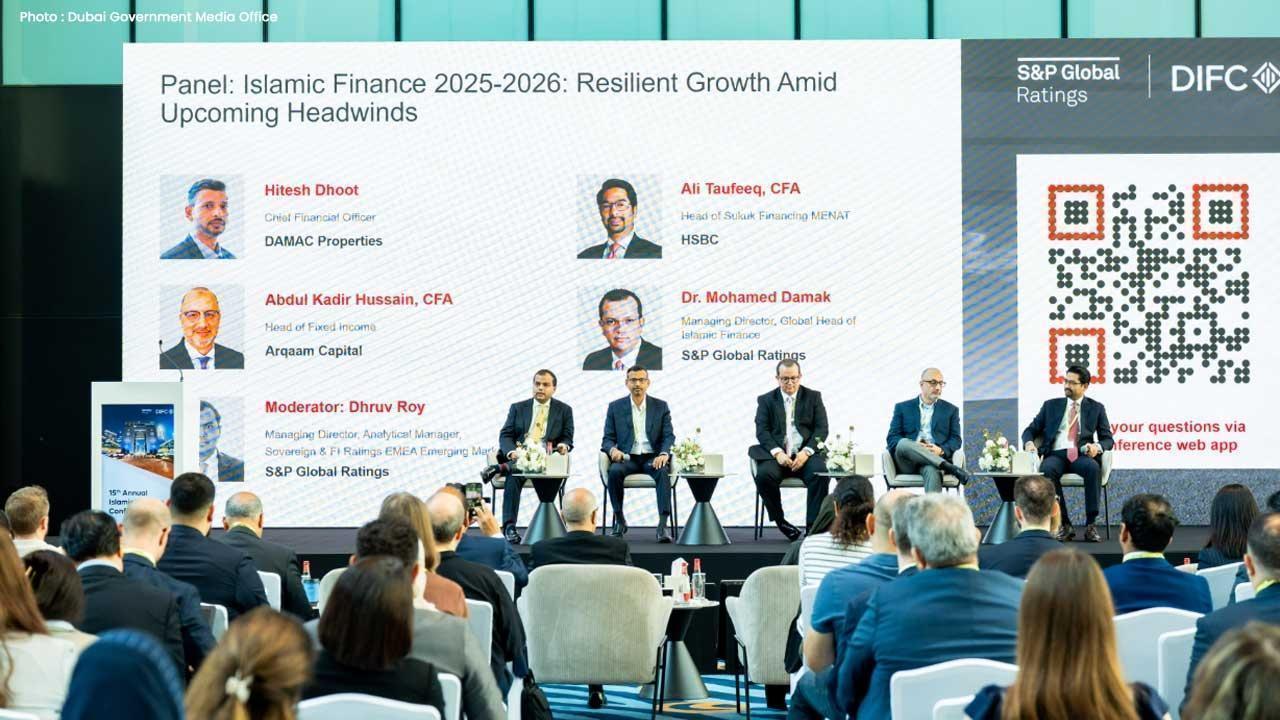



Shreyas Iyer in ICU in Sydney After Rib Injury During Third ODI
India ODI vice-captain Shreyas Iyer is in a Sydney ICU with internal bleeding from a rib injury sust

NBA Friday Highlights: Miami, Lakers, Milwaukee, and Clippers Triumph
Miami, Lakers, Bucks, and Clippers secure victories in thrilling NBA Friday games with standout perf

Doncic Dominates with 49 Points as Lakers Defeat Timberwolves 128-110
Luka Doncic scores 49 points to propel the Lakers past the Timberwolves 128-110; Reaves and Hachimur

Kings Narrowly Defeat Jazz 105-104 with Sabonis' Late Heroics
Domantas Sabonis' last-minute shot secures a thrilling 105-104 win for the Kings against the Jazz in

Argentina's Friendly Match with India Delayed, New Date to be Announced
Argentina's friendly against India in Kochi is postponed; a new date will be confirmed soon due to F

Rohit and Kohli Conclude ODI Journeys in Australia with a Win
Rohit Sharma and Virat Kohli close their ODI chapter in Australia with a win, partnering for an unbe